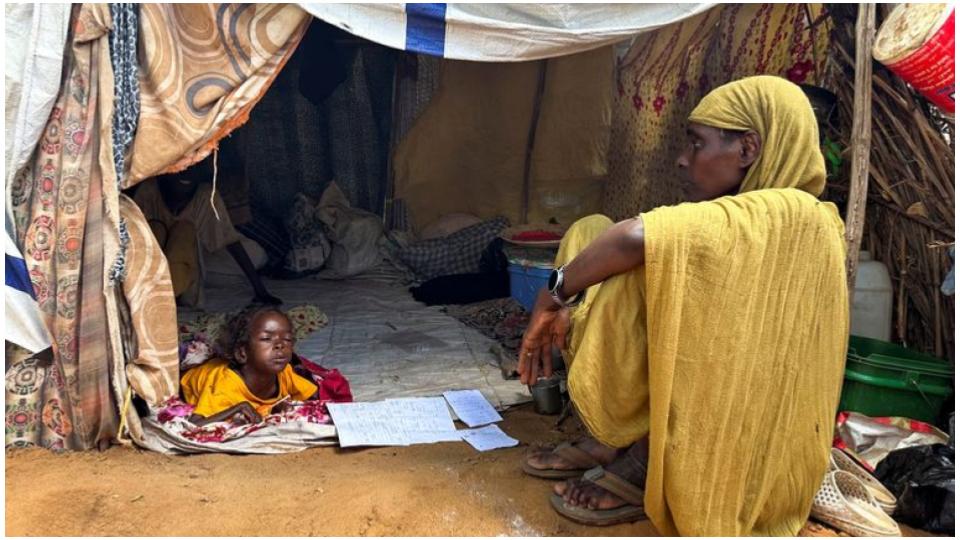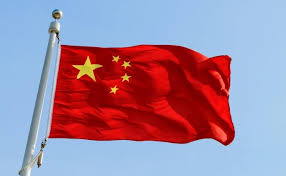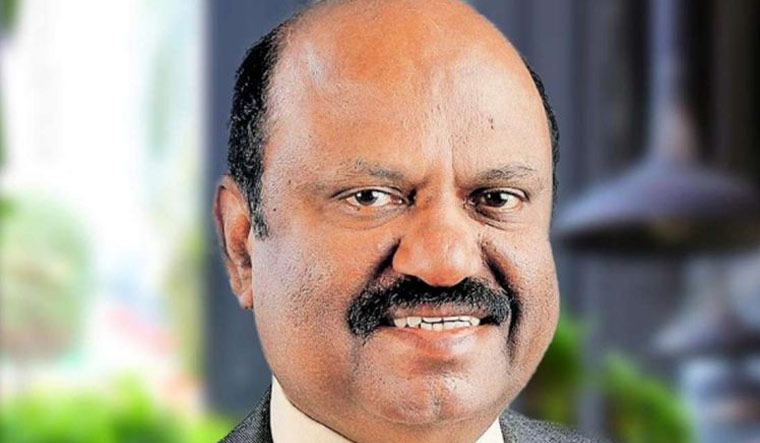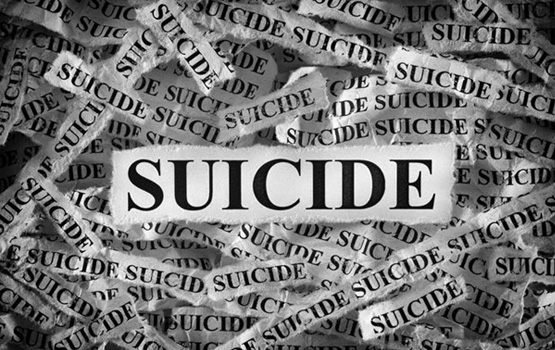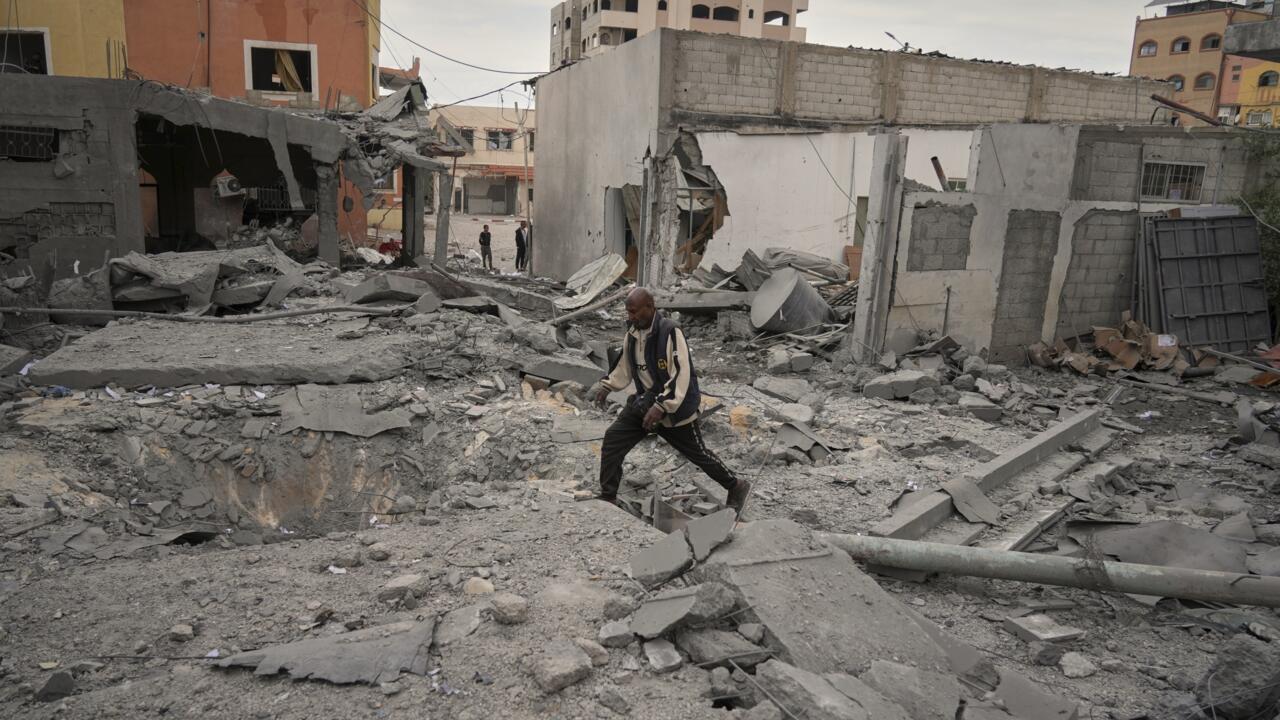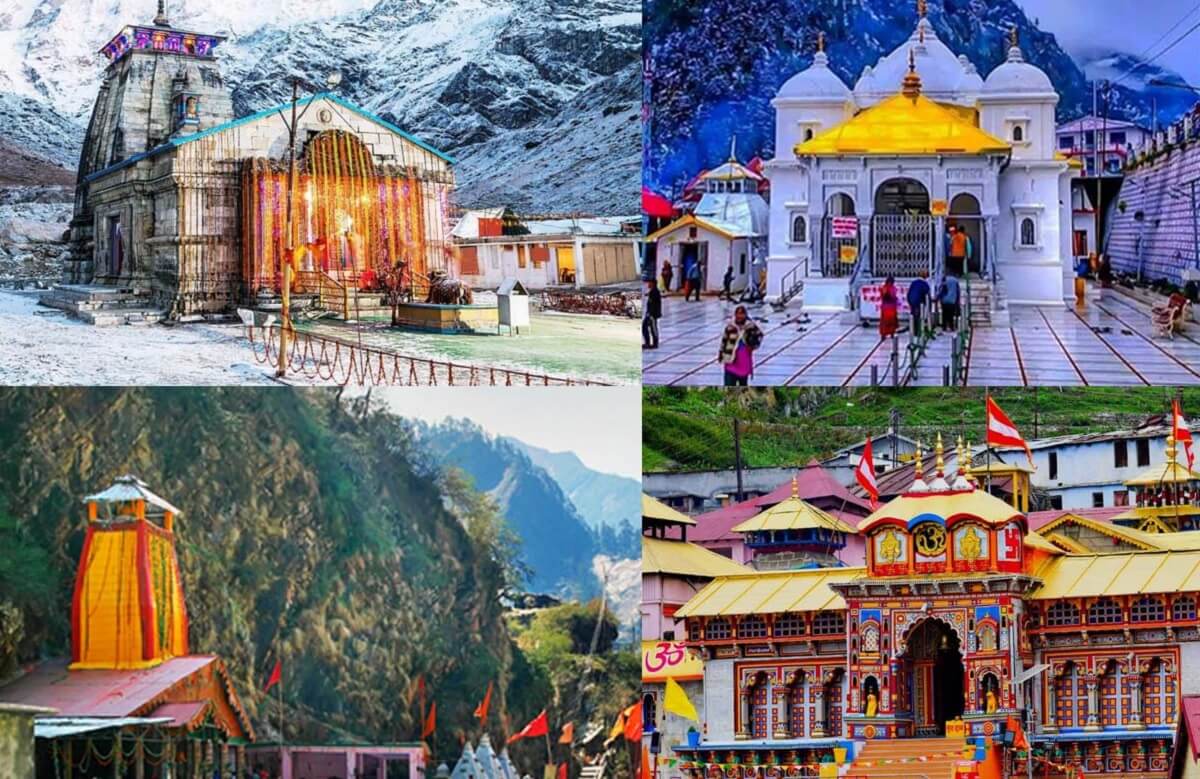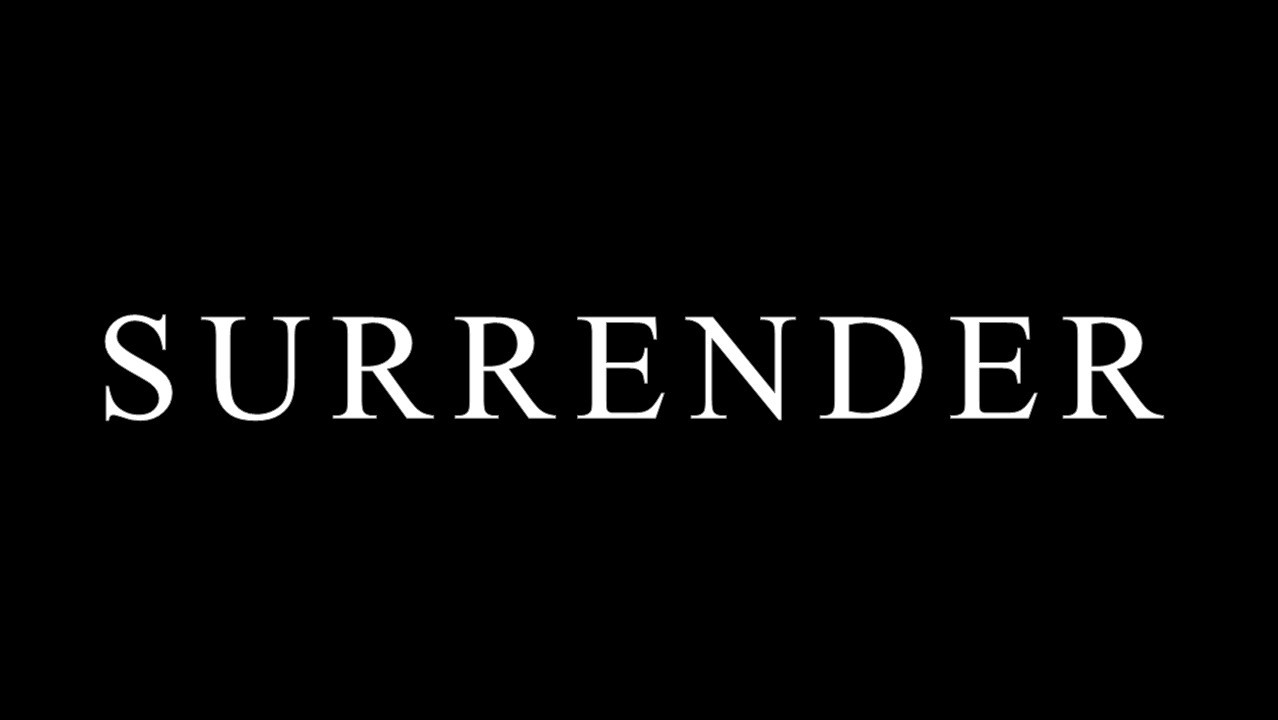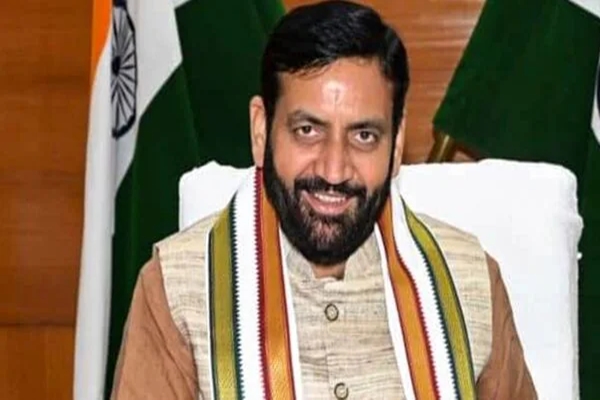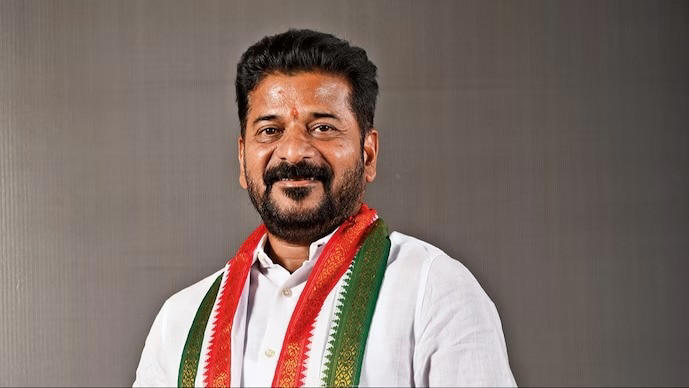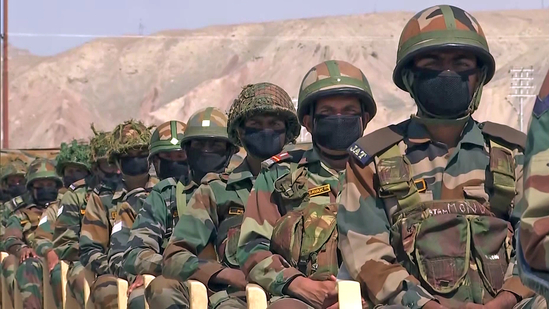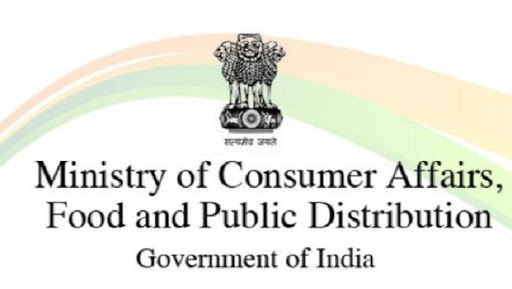India, Japan sign MoC to expand bilateral cooperation in skill development
Wed 18 Oct 2017, 14:24:37
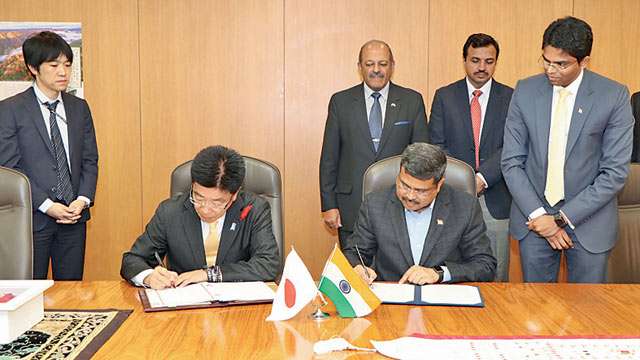
Tokyo : India and Japan on Tuesday concluded the Memorandum of Cooperation (MoC) on Technical Intern Training Programme (TITP), aimed towards expanding bilateral cooperation between both countries in the field of skill development.
Union Minister for Skill Development and Entrepreneurship Dharmendra Pradhan signed the MoC, during his Tokyo visit.
Under the provisions of MoC, Indian technical interns will be sent to Japan for on-the-job training for a period of three to five years, who can then return to India as assets for the Skill India initiative.
The MoC is a move towards transforming both countries into new centres of production in the global industrial network, by utilising advanced technology and India's rich human resources.
According to Ambassador of India to Japan, Sujan R. Chinoy, there is scope for India to enhance its participation in Japan's Technical Intern Training Programme, thereby contributing to Prime Minister Narendra Modi's vision of India as the largest provider of skilled workforce for the
world.
world.
India is the third country with which Japan has signed the MoC as per the requirements of the Technical Intern Training Act scheduled to enter into force in November 2017.
During Prime Minister Modi's visit to Japan in November 2016, India and Japan had also concluded an MoC on skill development under the "Manufacturing Skill Transfer Promotion Programme" through the establishment of Japan-India Institutes for Manufacturing (JIM) and the Japanese Endowed Courses (JEC) in engineering colleges designated by Japanese companies in India.
The Manufacturing Skill Transfer Promotion Programme aims to train 30,000 persons over next 10 years with Japanese style manufacturing skills and practices.
The first four JIMs were established in the States of Gujarat, Karnataka, Rajasthan and Tamil Nadu in July-August 2017 respectively by Suzuki, Toyota, Daikin and Yamaha. The first Japanese Endowed Course (JEC) in was established in NBKR Institute of Science and Technology Andhra Pradesh by Meidensha Co. in September 2017.
No Comments For This Post, Be first to write a Comment.
Most viewed from International
Most viewed from World
AIMIM News
Latest Urdu News
Most Viewed
May 26, 2020
Do you think Canada-India relations will improve under New PM Mark Carney?
Latest Videos View All
Like Us
Home
About Us
Advertise With Us
All Polls
Epaper Archives
Privacy Policy
Contact Us
Download Etemaad App
© 2025 Etemaad Daily News, All Rights Reserved.






.jpg)
.jpg)

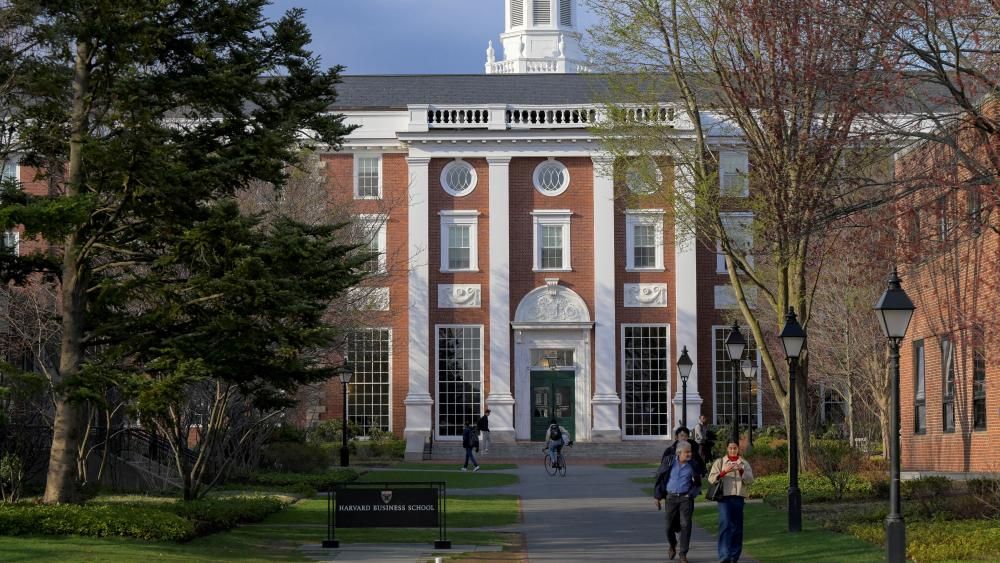
.jpg)
